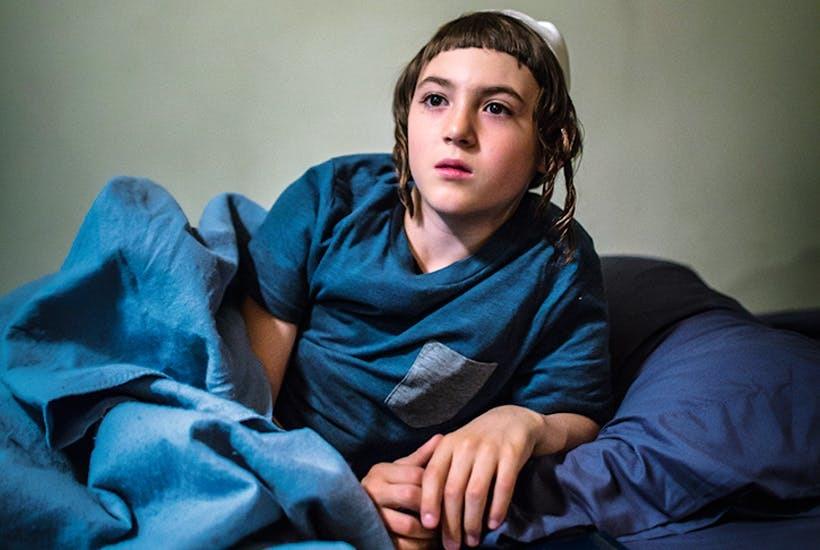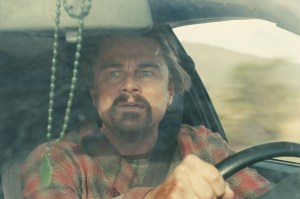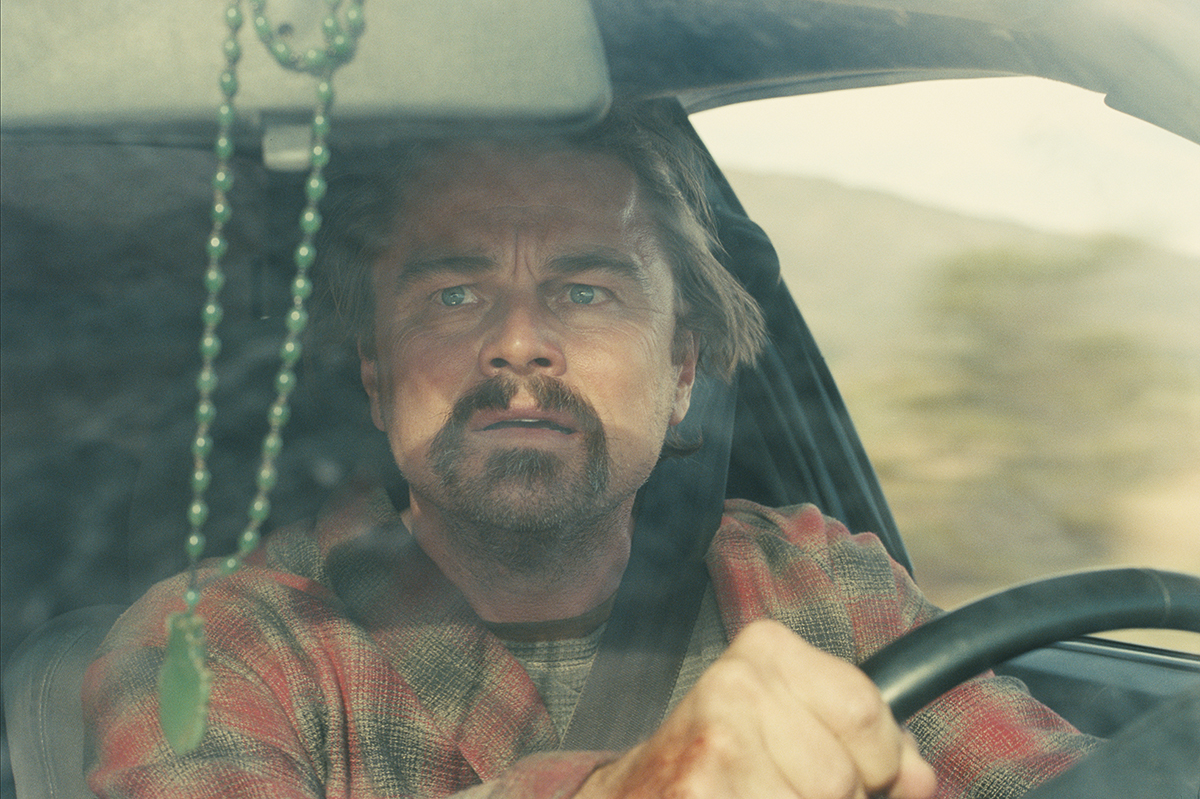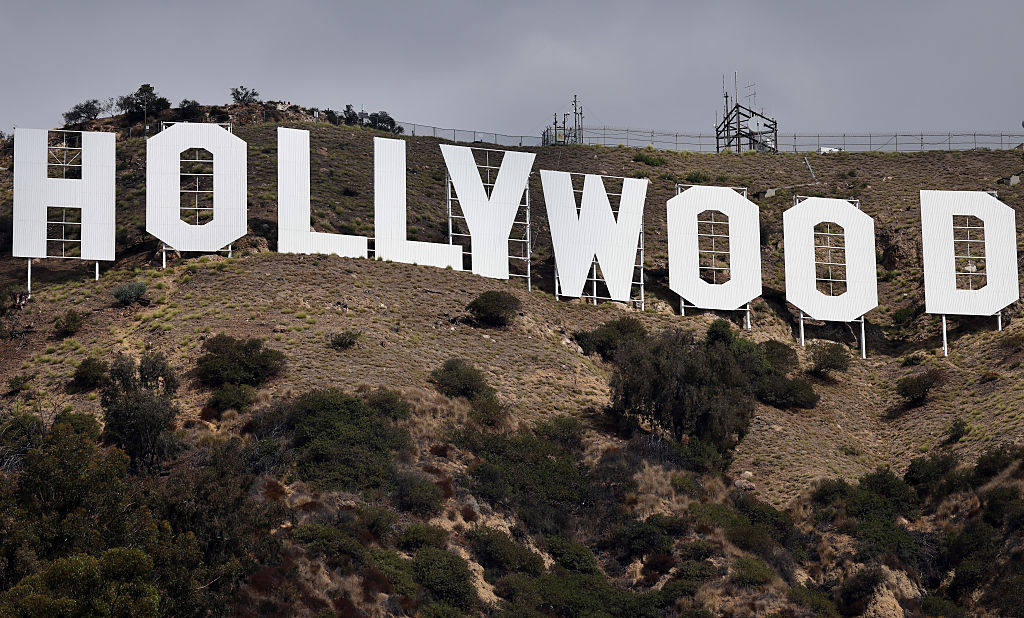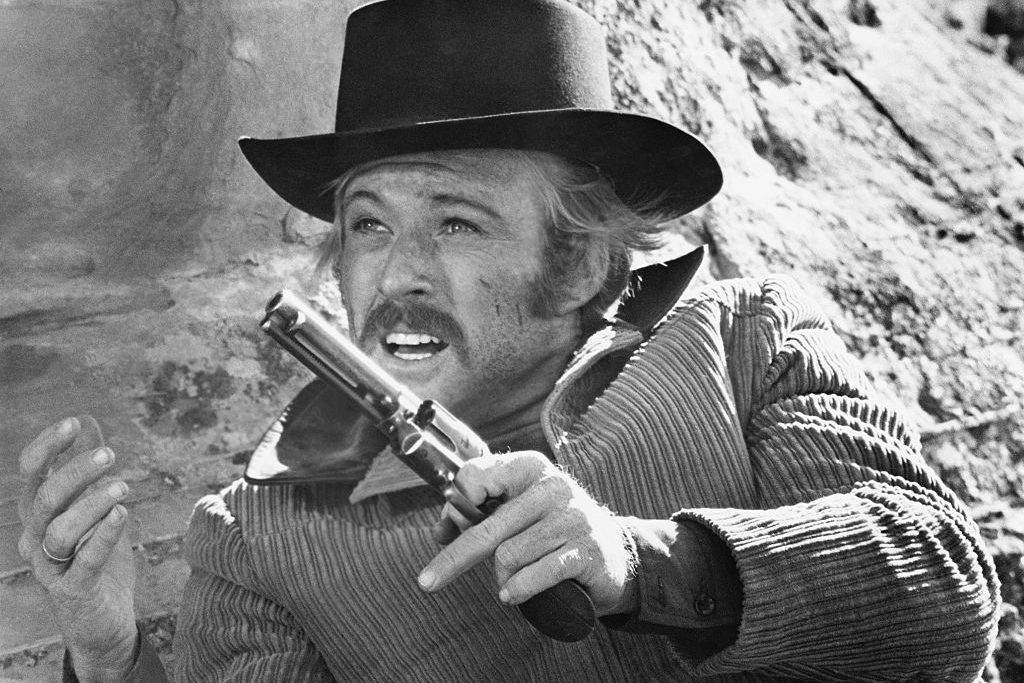Menashe
is a drama set amid Brooklyn’s ultra-orthodox Hasidic community. It is performed entirely in the Yiddish language. It is peopled exclusively by Hasidic non-actors. (Real-life grocer Menashe Lustig plays the title character.) It is small and specific, admittedly, but it also tells a universal story about a father’s struggle to hold on to the son he loves, and it tells this story tenderly, thoughtfully, beautifully. It may even be my favourite frum film of the year. Thus far. (Still a few weeks to go.)
This marks the feature debut of director Joshua Z Weinstein (no relation), who made documentaries previously, and who wrote this with Alex Lipschultz and Musa Syeed. Weinstein, a secular Jew, had decided he wanted to make a film set within the community, so was hanging around Brooklyn’s Borough Park — home to one of the largest populations of orthodox Jews outside Israel — looking for his story when he discovered Menashe Lustig, a widower with a son who, by his rabbi’s decree, would have to remarry before his son would be allowed to live with him. So this is a fictionalised account of that situation, starring Lustig, who is such a sublimely natural performer that he inhabits every scene as if it were effortless. Weinstein has described him as ‘Chaplin-esque’, with this ‘deep sadness about him’ and that’s it exactly.
The camera first shows Menashe at work at the till in a supermarket. He is a bear of a man, somewhat dishevelled, who wears the yarmulke and tzitzit but not the big hat and coat, which may be his mini-rebellion against the restrictions that conspire against him. His wife Leah had died a year earlier and, ever since, his son Rievan (Ruben Niborski) has lived with Leah’s brother Eizik (Yoel Weisshaus), who is stern but has a settled family life and is well heeled.
The rabbi (Meyer Schwartz; otherwise a taxi driver) tells Menashe that Rievan will not be returned to him until he has ‘nice wife, nice home, clean dishes’. However, he will allow Rievan to stay with his father until Leah’s memorial in a week’s time.
From this set-up, you expect Menashe to prove what a great dad he can be. And, certainly, you want Menashe to prove what a great dad he can be. You show them, Menashe! And you show Eizik! (Eizik has zero faith in Menashe. Menashe, he says, is a schlemiel.) But while Menashe’s intentions are always good, he is hopeless. His boss despairs, particularly after a gefilte fish shipment goes awry. He is in debt and behind with his rent. He gets drunk. He loves Rievan with all his heart — their scenes together juggling fruit or eating ice cream are magical — but he can’t get him to school on time, or provide him with a proper breakfast. We find him frustrating but endearingly frustrating, and are rooting for him. (Menashe, just get it right this time. Please.) As for remarrying, he’s in no hurry. His relationship with Leah had not been happy. We discover this via a terrific scene where he hangs out with some of his Hispanic co-workers, drinking beer.
Shot in the vérité style, this invites you into a highly insular and little-known world — as a Jew, but a non-observant one, this world is as little known to me as to anybody — without explanation. The morning washing rituals, the burning of the chametz, the mikveh… it is enough just to observe. And while Weinstein never brings the ferocious paternalism to the forefront, we see it out of the corner of our eye. A teenage girl storms out of the rabbi’s office because she won’t be allowed to attend college. A rabbi who allows women to drive is scorned. One youngish, pale, tired woman already has eight kids. This is also just observed, with some restraint. (I have to say that if I ever met G-d I would sit Him down and ask Him, most respectfully, what his problem is. All that infinite love and you couldn’t embrace both sexes equally?)
There is, it’s true, an element of cultural voyeurism here, particularly as most members of the Hasidic community won’t see it, given they are prohibited from watching television or films — to find out about those who agreed to appear in it, you’ll have to do your own research; no space here — and that does make me a little bit queasy, along with the fact that some of the scenes were filmed guerrilla style. (Do people know they might be in a film they’ll never see?) But even so, it’s still my favourite frum film of the year. Thus far.



